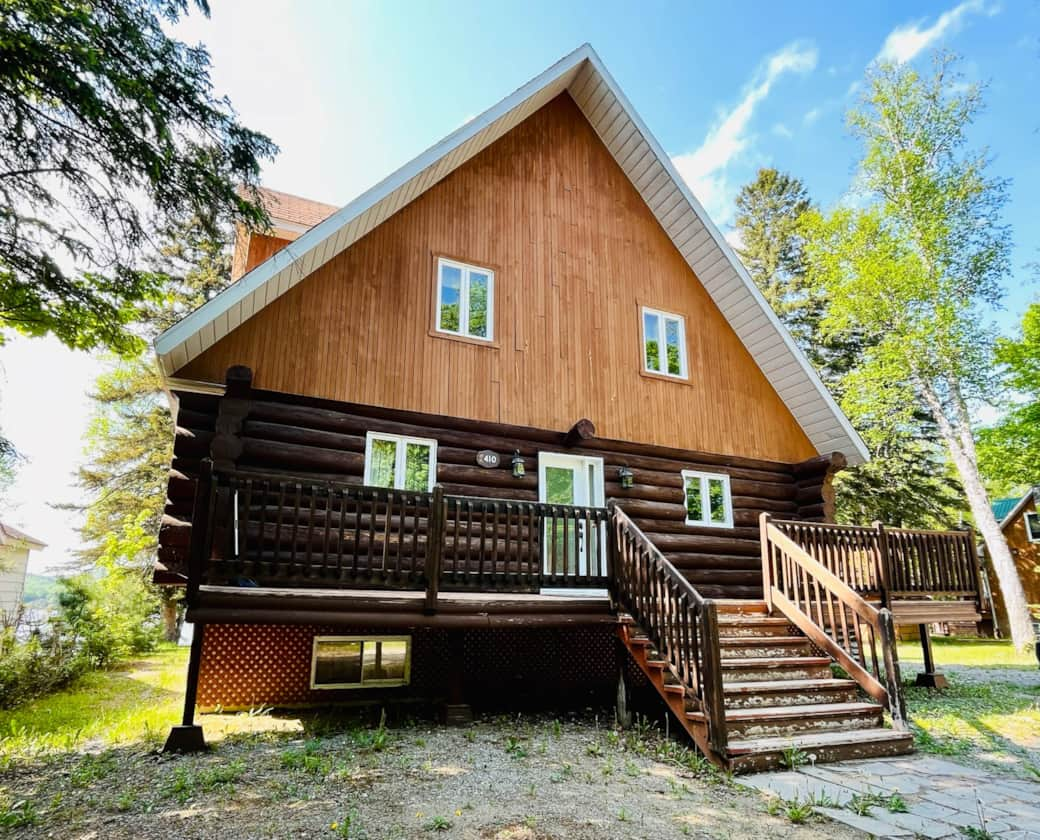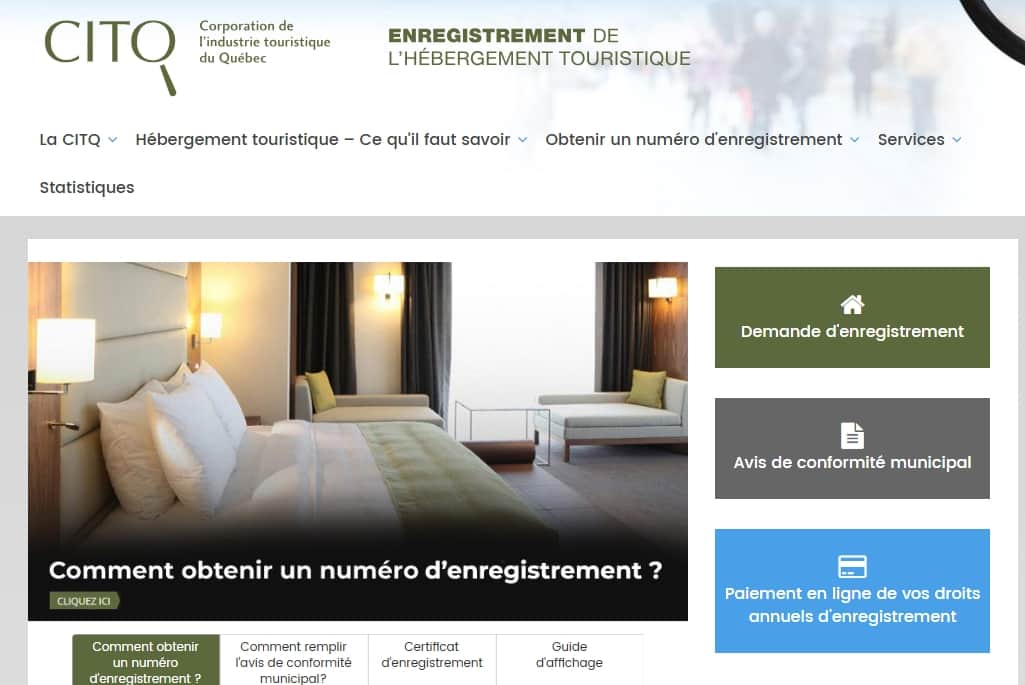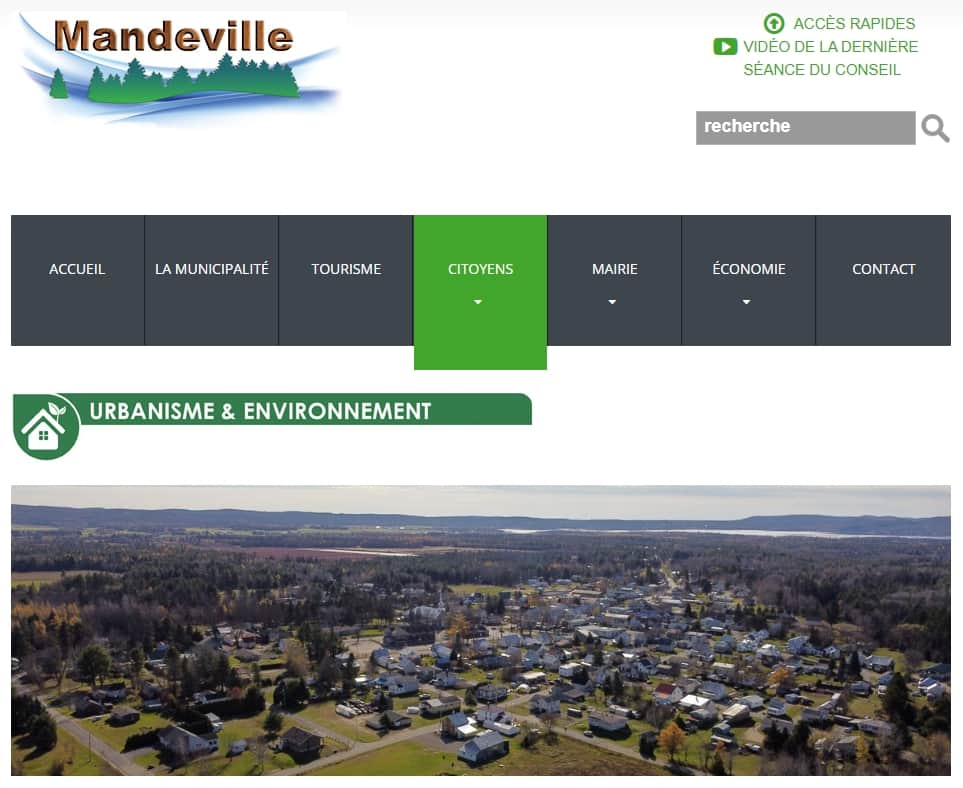Delegate management, enjoy tranquility
Bénoline, your trusted partner for hassle-free property management. Contact us to discuss.

March 2025
Renting cottages for short periods (Less than 31 days) is an attractive opportunity for owners in Quebec, whether in the Laurentians, Lanaudière, or Charlevoix. This guide applies to all municipalities in Quebec, with similar steps adapted to local regulations. We use the municipality of Mandeville, in Lanaudière, as an example, as Bénoline has its second office there.
Detailed regulations govern this activity to preserve community balance. Whether you rent a cottage as a principal residence on the shore of Lac Hénault or a mini-house far from civilization in Chibougamou, this guide offers an overview of the essential steps to comply with municipal and provincial regulations.
Here are the steps to start or regularize the short-term rental of your cottage in Quebec, followed by a detailed description with Mandeville as an example.
Before renting your cottage, confirm that short-term rentals are allowed according to municipal zoning and co-ownership or lake association regulations, even for a principal residence.
The majority of municipalities in Quebec have a zoning bylaw defining the areas where short-term rentals are permitted. You can consult the directory of municipalities to find the contact information for yours. Certain areas, particularly near lakes or in residential sectors, prohibit this activity to protect tranquility or the environment. Contact your municipality's urban planning department to verify.
Example in Mandeville (note: the following PDF is in French): Consult the zoning bylaw 192 to confirm if your cottage (e.g., 405 Chemin du Lac Hénault) is in a zone that authorizes tourist accommodation. Contact the urban planning inspector at [email protected] or at 450-835-2055, extension 4702.
If your cottage is part of a co-ownership or a lake association, check the bylaw, which may prohibit or restrict short-term rentals. Obtain written approval from the board.
Example in Mandeville: The Lac Saint Rose association could prohibit fireworks or limit short-term rentals to preserve tranquility.
A standard home insurance policy for your cottage does not cover the risks associated with short-term rentals. This is a key element to protect your investment and comply with regulations, which require civil liability insurance of a substantial amount per event (at least $2,000,000).
For adequate protection, you must contact your insurer to obtain specific coverage for your cottage. This policy should protect you against a variety of risks, including:

Any short-term cottage rental in Quebec requires registration with the Corporation de l’industrie touristique du Québec (CITQ). Displaying the registration number is mandatory on all your listings, and the permit must be posted at the entrance of your cottage.
Required documents: The basic process is similar for all types of accommodation. You must create an account on the CITQ portal and submit the following documents:
Form choice:


In addition to provincial registration, you must obtain an occupancy certificate from your municipality. The application is generally made online or in person. The file to be submitted often includes your CITQ number, proof of ownership.The procedures and fees vary from one city to another.
Example in Mandeville: To rent your cottage, you must submit the tourist accommodation establishment form (Mandeville-Formulaire-Etablissement-Hebergement-Touristique.pdf) with your CITQ number and the required documents.
The majority of Quebec municipalities require you to provide a rental agreement that each tenant must read and accept. This document is a crucial tool to protect your property and your relationships with your neighbors. The agreement must be accessible online or in a paper version so that tenants can refer to it as needed, and it must be accepted at the time of booking.
Tax management is essential to respect provincial obligations and maximize your benefits.
Display: Display your CITQ number on all your ads and in a visible location in front of the cottage.
This simplified regulatory guide makes renting your cottage in Quebec easier: check municipal zoning, adjust your insurance, register with the CITQ, obtain a municipal certificate, write a rental agreement validated by tenants, and manage taxes.
In Mandeville, respecting bylaw 391-2023 and zoning 192 is essential. The procedures are similar in most other municipalities like Saint-Donat, Saint-Sauveur, or Mont-Tremblant. Bénoline, with its office in Mandeville, accompanies you to simplify these steps for your cottages located in Lanaudière, between Saint-Émélie-de-l'Énergie and Saint-Alexis-des-Monts.